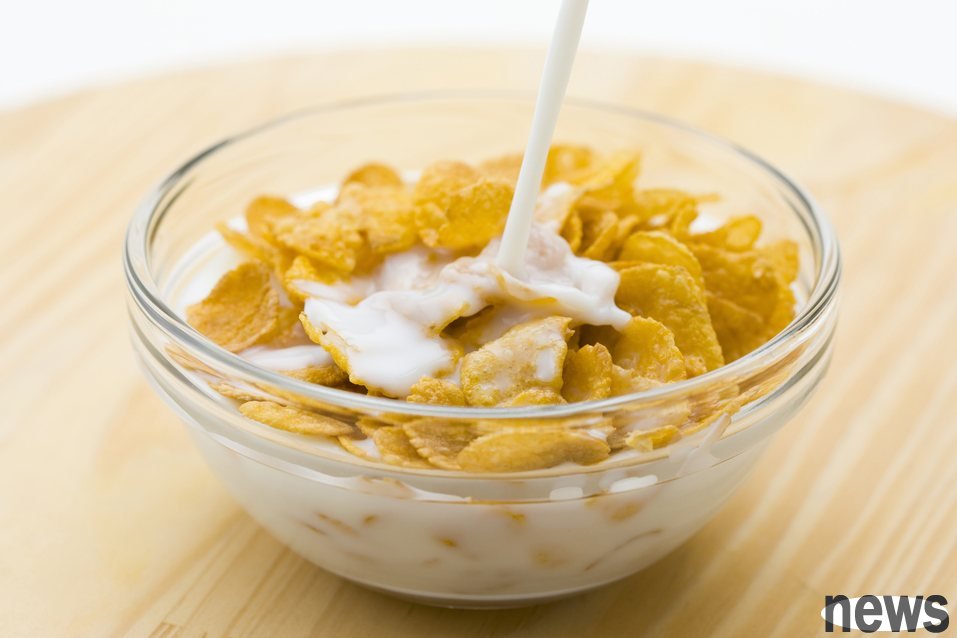
According to a new study published at the American Society for Nutrition Conference held this week in Orlando, Florida, one of the reasons why we eat big meals and snacks is the quality that makes them easier to digest quickly.
In the study, people who ate slow-food super-processed foods such as breakfast meat slices and breads with crispy textures were less than 369 calories a day when they actually used fast-food super-processed foods such as commercially available smoothies and soft breads.
"The same satisfying meals to eat will be purely different because of their quality," Forde said. According to a recent report by the Trump administration, "Make America Healthy Again," he pointed out that ultra-processed foods are the main cause of children's health problems; Federal Health Secretary Robert F. Kennedy Jr. said he expected to update the federal dietary guidelines issued in the summer and would recommend that Americans avoid packaging foods.
Nutrition researchers usually define ultra-processed foods as foods containing ingredients such as emulsifiers that are usually not common in home kitchens and high fructose corn sugar flakes; many studies have shown that diets rich in ultra-processed foods can increase the risk of obesity, type 2 diabetes, cancer, cardiovascular disease and depression. But many scientists also believe that not all packaged foods are equally harmful, and some packaged foods may be relatively healthy.
The taste of many super-processed foods is just one reason scientists think that people can eat overdoses of calories; other studies have found that products like energy bars, potato slices and cold foods contain more calories per gram than low-processed foods; and many packaged foods also contain combinations of salts, fats and carbohydrates that are not usually present in nature, which makes us want to eat them.
In this new study, participants spent two weeks trying two diets that exceeded 90% of their calories from ultra-processed foods; the calories, scallops and fiber content that participants in the two diet regimens took, as well as the portion and ultra-processed foods. The proportions are the same, and participants were also told that they could eat unlimited amounts before eating; the report showed that participants had the same preference and satisfaction of the two diet plans, but the average reduction of 0.43 kg of fat after two weeks of slow-drying planners.
